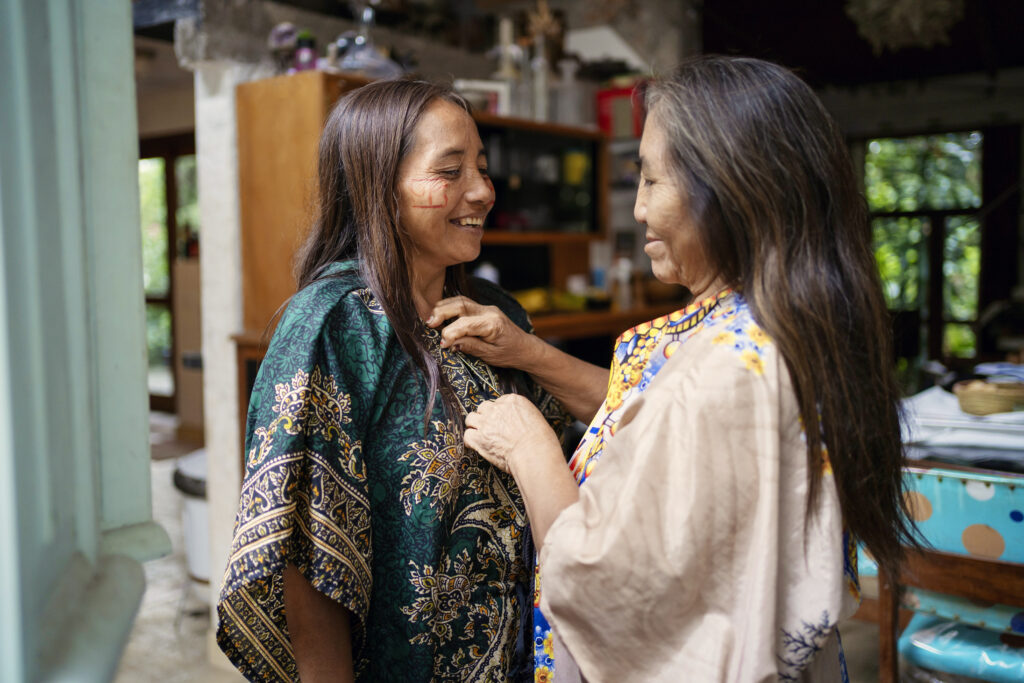“The effect of racism and racial trauma on mental health is real. It’s essential for culture and identity to be a part of the mental health care conversation.”
— Daniel H. Gillison Jr., NAMI CEO
In a crisis? Call or text 988
How we can Make It OK at the intersection of mental health and one’s experience as a person of color

A history of trauma in health care and systems has resulted in mistrust for many in the Black, Indigenous, and People of Color community and has affected how mental health is talked about (or not talked about) and how care and support is received.
Culture, race, lived experiences, beliefs, identity, values and language all shape how we see and experience mental health and illnesses. This is why it’s so important we approach differences with humility and in a caring and respectful way so all people of color receive the support and care they deserve.
— Daniel H. Gillison Jr., NAMI CEO
In many communities, mental health conditions may be seen as a personal weakness or something you just don’t talk about. This can lead to feelings of shame or worry about how others might see you if they are spoken about. Representations are often guided by formal (family and friends) and informal (educators and health care providers) sources. For many, it can be very challenging to discuss mental health because of the mistrust and stigma surrounding it, and in some communities, there are simply no words or language to talk about it.
When a person is experiencing challenges with their mental health, having access to and receiving quality care as soon as possible is important. Equally important is that the care provided is by professionals who understand a person’s identity and the role that cultural differences play.
The power of community
Community is the anchor connecting people and reducing isolation. It’s also what brings forth social changes, understanding, compassion, hope and strength. Throughout history many communities of color have created support systems to help with the healing and recovery of mental health through cultural and community practices centered around connecting with others, cultural traditions, language, stories, food, art, dance and more.
Learn and share about mental health and the added challenges people of color face by:
A humble approach, focused on seeking to learn and understand the person’s unique cultural beliefs, values, languages and practices, creates a more inclusive and safe space for people of color to get the support and care they need and deserve. To learn more:
Watch Penumbra Theater Community Conversation. Let’s Talk: Mental Wellness & Race
Listen: